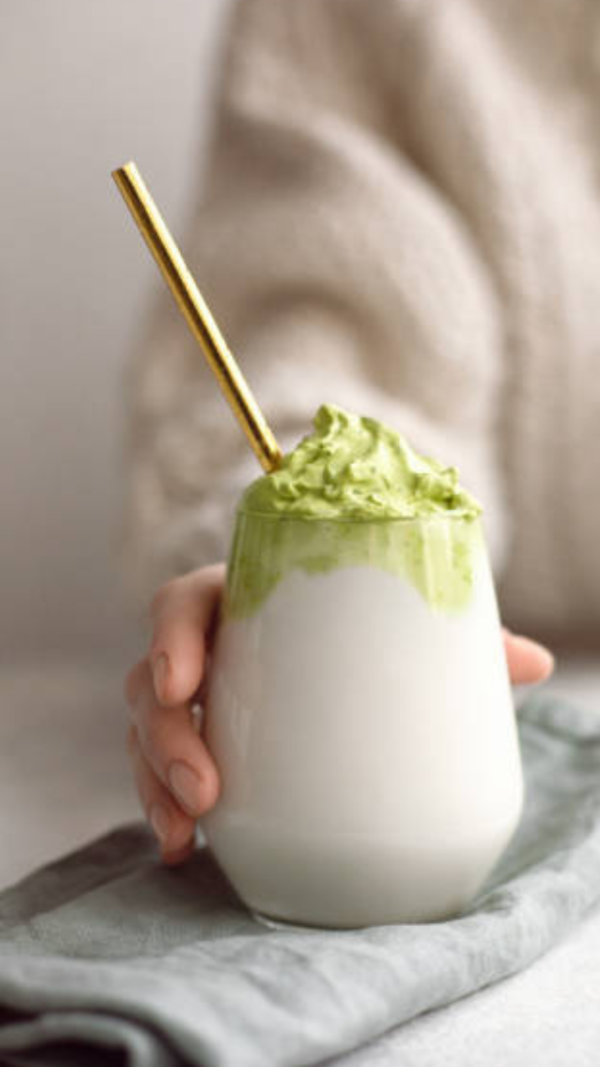5 benefits of consuming Coconut Milk during summer season

What happens when you consume coconut milk
Coconut milk, a byproduct of the fruit, is often hailed as a powerhouse of nutrients. As per a study published by the National Library of Medicine, consumption of coconut milk has been associated with favorable lipid profile changes. Clinical trials have demonstrated that coconut milk supplementation can lead to a decrease in low-density lipoprotein (LDL) cholesterol and an increase in high-density lipoprotein (HDL) cholesterol, contributing to improved cardiovascular health. In Ayurveda, coconut milk is revered as a nourishing, cooling, and balancing food—especially beneficial during hot seasons or for individuals with excess Pitta dosha (the fire element). Scroll down to read the benefits of consuming coconut milk in summer.

Hydration
Coconut milk is rich in electrolytes like potassium and magnesium, helping replenish fluids and keep you hydrated. The medium-chain triglycerides (MCTs) in coconut milk help retain moisture in the body and skin, offering deeper, longer-lasting hydration compared to plain water. While coconut water is excellent for immediate hydration due to its high water content, coconut milk provides a slower, more nourishing form of hydration thanks to its nutrient density.

Cools the body
As per Ayurveda, coconut milk is classified as a coolant, helping to balance excess body heat (Pitta dosha), which often increases in summer. Its anti-inflammatory fats (especially lauric acid) help soothe internal irritation and heat-induced discomfort. Also, coconut milk is gentle on the stomach and helps reduce acidity or burning sensations caused by spicy or oily foods.

Boost digestion
it is rich in healthy fats and contains medium-chain triglycerides (MCTs) that are easily absorbed and help improve nutrient uptake and gut health. Lauric acid and other compounds in coconut milk reduce inflammation in the digestive tract, which can ease conditions like acid reflux or irritable bowel. Also, coconut milk has mild antimicrobial effects that help keep harmful gut bacteria in check, supporting a balanced microbiome.

Boost immunity
It contains lauric acid, a fatty acid that has antiviral, antibacterial, and antifungal properties, helping the body fight off infections and harmful pathogens. Coconut milk contains vitamins C and E, which help neutralize free radicals and support the immune system’s defense mechanisms. It also offers trace minerals like iron, magnesium, and selenium, which are essential for proper immune cell function.

Good for skin
The antioxidants like vitamin C and E in coconut milk help reduce signs of aging by fighting free radical damage. Its natural anti-inflammatory compounds can help calm skin conditions like eczema, sunburn, and rashes. And as per experts, some nutrients in coconut milk support the production of collagen, helping maintain skin elasticity and firmness.

How to consume it in summer
Coconut Milk Smoothies: Blend coconut milk with fruits like mango, banana, or berries for a creamy, hydrating smoothie. Add mint or chia seeds for extra freshness.
Cooling Coconut Lassi: Swap regular yogurt for coconut milk in a lassi. Blend with cardamom, a little jaggery, and a pinch of salt for a soothing, dairy-free summer drink.
Coconut Milk Salad Dressing: Make a light dressing using coconut milk, lime juice, ginger, and herbs. It’s creamy yet refreshing over summer salads or cold noodle bowls.
Coconut Ice Cream: Use coconut milk as a base for DIY ice cream or popsicles. .
All Images Courtesy: istock









